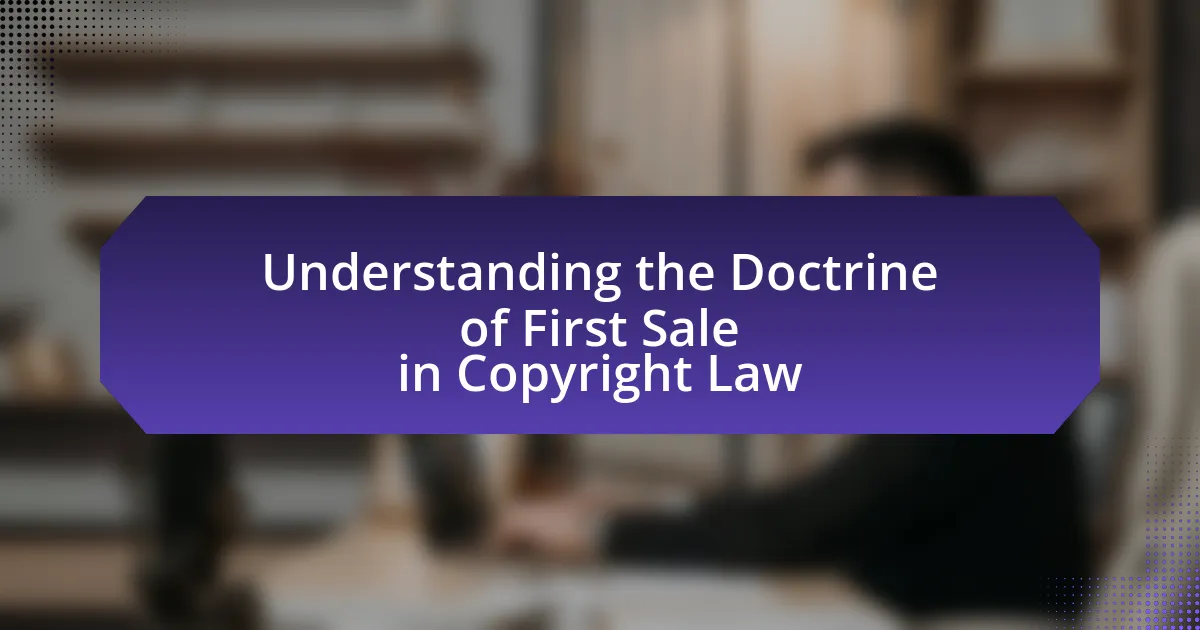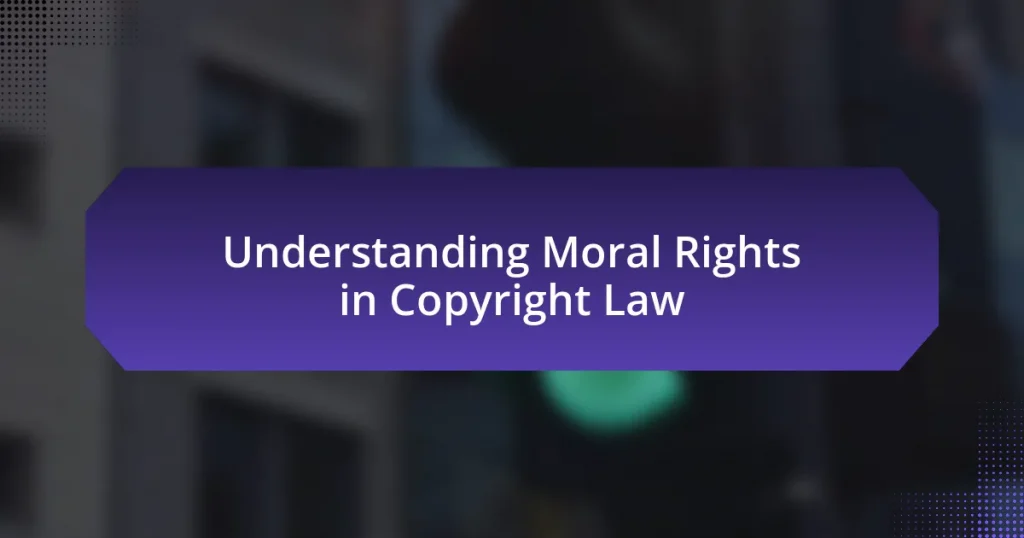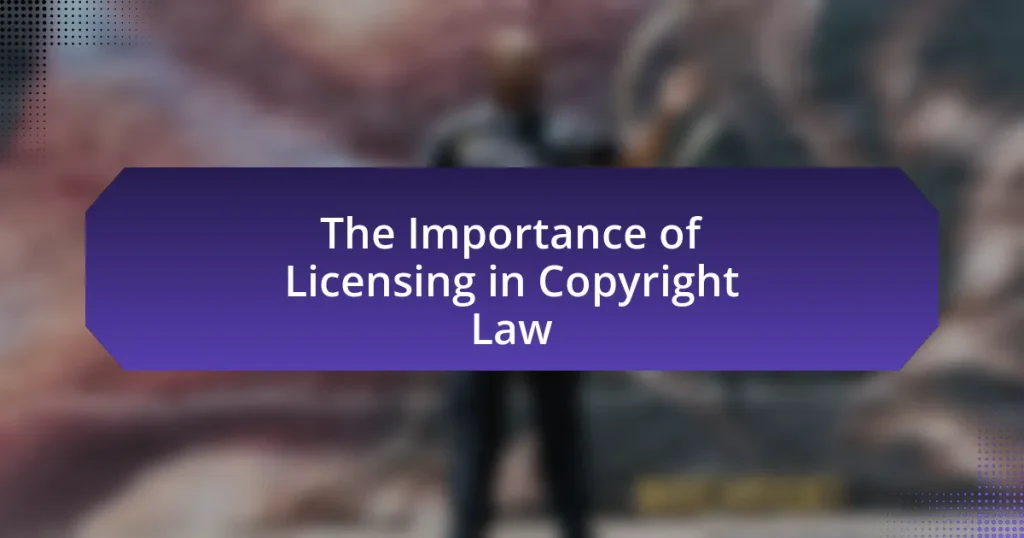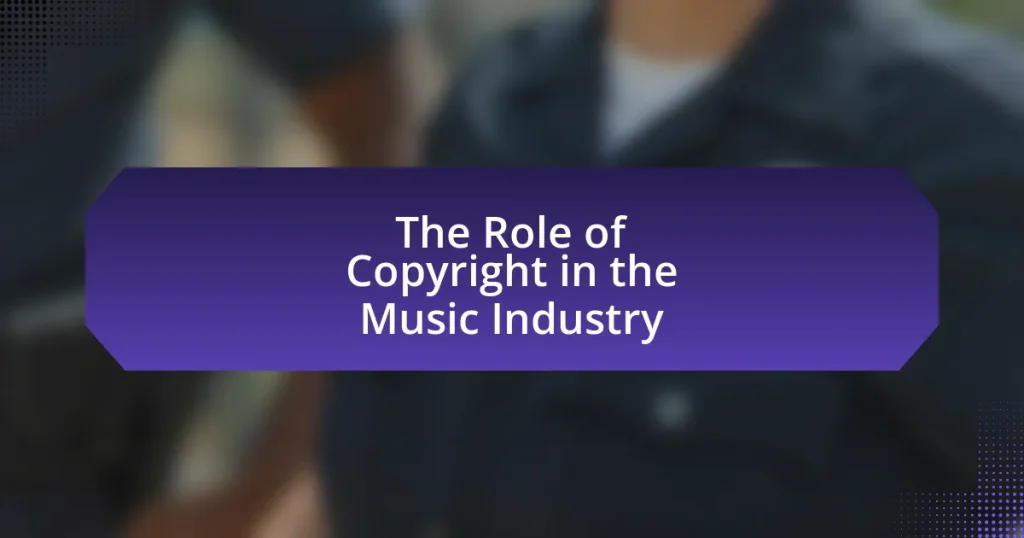The Doctrine of First Sale in Copyright Law allows the owner of a legally acquired copy of a copyrighted work to resell or distribute that copy without seeking permission from the copyright holder. Rooted in the U.S. Supreme Court case “Bobbs-Merrill Co. v. Straus” (1908) and Section 109(a) of the U.S. Copyright Act of 1976, this doctrine promotes the secondary market for copyrighted materials, enabling the resale of physical goods like books and CDs. However, it faces limitations, particularly concerning digital goods and licensing agreements, which complicate ownership and resale rights. The article explores the legal foundations, implications, historical cases, and current debates surrounding the Doctrine of First Sale, emphasizing its evolution and relevance in both physical and digital contexts.
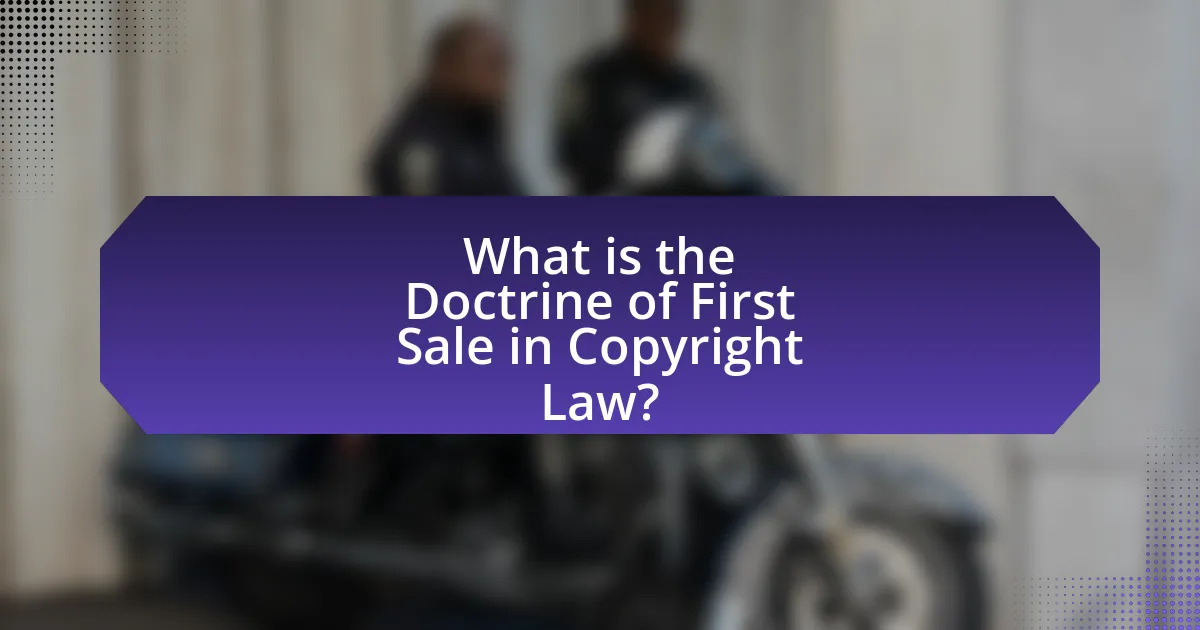
What is the Doctrine of First Sale in Copyright Law?
The Doctrine of First Sale in Copyright Law allows the owner of a legally acquired copy of a copyrighted work to resell or distribute that copy without seeking permission from the copyright holder. This principle is rooted in the idea that once a copyright owner sells a copy of their work, they relinquish their control over that particular copy, as established in the U.S. Supreme Court case, “Bobbs-Merrill Co. v. Straus” (1908). The doctrine promotes the free flow of goods and supports the secondary market for copyrighted materials, ensuring that consumers can buy and sell used books, CDs, and other media without infringing copyright.
How does the Doctrine of First Sale operate within copyright law?
The Doctrine of First Sale allows the owner of a legally acquired copy of a copyrighted work to resell or distribute that copy without the permission of the copyright holder. This principle is rooted in the idea that once a copyright owner sells a physical copy, they relinquish control over that specific copy, as established in the U.S. Supreme Court case, “Bobbs-Merrill Co. v. Straus” (1908). The doctrine applies to various forms of media, including books, CDs, and DVDs, enabling consumers to sell or lend their copies freely, thereby promoting the circulation of creative works in the marketplace.
What are the legal foundations of the Doctrine of First Sale?
The legal foundations of the Doctrine of First Sale are primarily rooted in Section 109(a) of the U.S. Copyright Act of 1976, which allows the owner of a lawfully made copy of a copyrighted work to sell or otherwise dispose of that copy without the permission of the copyright owner. This doctrine is based on the principle that once a copyright owner has sold a copy of their work, they relinquish their control over that particular copy, enabling subsequent owners to use, sell, or lend it freely. The U.S. Supreme Court affirmed this doctrine in the case of “Bobbs-Merrill Co. v. Straus” (1908), establishing that the copyright holder’s rights do not extend to the resale of a lawfully acquired copy.
How does the Doctrine of First Sale differ from other copyright principles?
The Doctrine of First Sale allows the owner of a legally purchased copyrighted work to resell or distribute that work without seeking permission from the copyright holder, distinguishing it from other copyright principles that typically restrict the distribution of copyrighted materials. This principle, established in the U.S. Supreme Court case “Bobbs-Merrill Co. v. Straus” in 1908, asserts that once a copyright owner sells a copy of their work, they relinquish control over that specific copy, enabling subsequent owners to sell or transfer it freely. In contrast, other copyright principles, such as the exclusive rights of reproduction and distribution, maintain that copyright holders retain control over how their works are used and shared, limiting the ability of others to distribute copies without authorization.
What are the implications of the Doctrine of First Sale?
The Doctrine of First Sale allows the owner of a legally acquired copyrighted work to resell or distribute that work without seeking permission from the copyright holder. This principle has significant implications for the resale market, enabling consumers to sell used books, CDs, and other media, thereby fostering a secondary market that benefits both consumers and businesses. Additionally, it limits the control that copyright holders have over the distribution of their works after the initial sale, impacting pricing strategies and market dynamics. The doctrine is rooted in the U.S. Copyright Act of 1976, specifically Section 109, which establishes the right to sell or otherwise dispose of a particular copy of a copyrighted work.
How does the Doctrine of First Sale affect the resale of copyrighted works?
The Doctrine of First Sale allows the resale of copyrighted works after the initial sale without the permission of the copyright holder. This legal principle, established in the U.S. Supreme Court case “Bobbs-Merrill Co. v. Straus” in 1908, asserts that once a copyright owner sells a copy of their work, they relinquish their control over that particular copy, enabling subsequent owners to resell it freely. This doctrine is crucial for the secondary market, as it supports the resale of books, music, and other media, ensuring that consumers can buy and sell used copies without infringing copyright.
What limitations exist under the Doctrine of First Sale?
The Doctrine of First Sale is limited by several key factors. Firstly, it applies only to the resale of lawfully acquired copies of copyrighted works, meaning that if a copy was obtained illegally, the doctrine does not protect the subsequent sale. Secondly, the doctrine does not extend to digital goods; for instance, software licenses often include terms that restrict resale, which can override the first sale principle. Additionally, the doctrine does not permit the distribution of derivative works or adaptations without permission from the copyright holder. These limitations are supported by legal precedents, such as the Supreme Court case “Capitol Records, Inc. v. ReDigi Inc.,” which affirmed that the first sale doctrine does not apply to digital music files transferred over the internet.

How has the Doctrine of First Sale evolved over time?
The Doctrine of First Sale has evolved significantly since its inception, primarily through legal interpretations and technological advancements. Initially established in the 1908 Supreme Court case, Bobbs-Merrill Co. v. Straus, the doctrine allowed the resale of copyrighted works without the permission of the copyright holder, emphasizing the importance of consumer rights. Over time, the doctrine faced challenges with the rise of digital media, leading to the 2008 case, Capitol Records, LLC v. Thomas-Rasset, which reaffirmed its applicability but also highlighted limitations in the digital realm. The evolution reflects a balancing act between protecting copyright owners and promoting the free circulation of goods, particularly as digital distribution models continue to complicate traditional interpretations of ownership and resale rights.
What historical cases have shaped the Doctrine of First Sale?
The Doctrine of First Sale has been significantly shaped by several historical cases, notably the Supreme Court case of “Bobbs-Merrill Co. v. Straus” in 1908, which established that once a copyright owner sells a copy of a work, they cannot impose further restrictions on its resale. This case set a precedent for the first sale doctrine by affirming that the purchaser of a copyrighted item has the right to resell it without the copyright holder’s permission. Another pivotal case is “Kirtsaeng v. John Wiley & Sons, Inc.” in 2013, where the Supreme Court ruled that the first sale doctrine applies to goods manufactured abroad, allowing the resale of imported textbooks. These cases collectively underscore the legal foundation of the Doctrine of First Sale, affirming the rights of consumers and the limitations on copyright holders regarding the resale of their works.
How did the Supreme Court influence the Doctrine of First Sale?
The Supreme Court significantly influenced the Doctrine of First Sale through its ruling in the case of “Capitol Records, LLC v. ReDigi Inc.” in 2013. In this decision, the Court upheld the principle that once a copyrighted work is sold, the original owner loses the right to control the resale of that particular copy. This ruling reinforced the idea that the first sale doctrine allows individuals to resell legally purchased copyrighted materials without needing permission from the copyright holder. The Court’s interpretation clarified the limitations of copyright law regarding the distribution of physical copies, thereby solidifying the doctrine’s application in the digital age.
What role have international treaties played in the evolution of the Doctrine of First Sale?
International treaties have significantly shaped the evolution of the Doctrine of First Sale by establishing a framework for copyright limitations and exceptions across borders. The Berne Convention, for instance, introduced the principle that once a copyrighted work is sold, the copyright holder’s control over that specific copy is diminished, allowing subsequent resale without additional permission. This principle was further reinforced by the Trade-Related Aspects of Intellectual Property Rights (TRIPS) Agreement, which mandates member countries to recognize the first sale doctrine, thereby promoting international consistency in copyright law. These treaties have facilitated the global circulation of goods and have influenced national laws to align with international standards, ensuring that the Doctrine of First Sale is recognized and upheld in various jurisdictions.
What are the current debates surrounding the Doctrine of First Sale?
Current debates surrounding the Doctrine of First Sale primarily focus on its applicability in the digital age, particularly regarding digital goods and online marketplaces. Critics argue that the traditional interpretation of the Doctrine, which allows the resale of physical goods without the permission of the copyright holder, does not adequately address the complexities of digital content distribution, where licensing agreements often restrict resale. For instance, cases like Capitol Records, LLC v. ReDigi Inc. highlight the tension between copyright law and the resale of digital music, raising questions about whether the first sale doctrine should extend to digital files. Additionally, there is ongoing discussion about how the Doctrine interacts with international copyright laws, especially as globalization increases the cross-border sale of goods. These debates are significant as they could reshape the legal landscape for copyright and consumer rights in the context of both physical and digital products.
How do digital goods challenge the traditional understanding of the Doctrine of First Sale?
Digital goods challenge the traditional understanding of the Doctrine of First Sale by complicating the transferability of ownership. Unlike physical goods, which can be resold or transferred after the initial purchase, digital goods often come with licensing agreements that restrict such actions. For example, when a consumer purchases a digital copy of a song or an eBook, they typically acquire a license to use that content rather than ownership of the item itself. This licensing model undermines the First Sale Doctrine, which allows the owner of a physical copy to resell or distribute that copy without the permission of the copyright holder. Legal cases, such as Capitol Records, LLC v. ReDigi Inc., illustrate this challenge, as courts have ruled that the digital transfer of copyrighted material does not fall under the same protections as physical goods, thereby limiting the applicability of the First Sale Doctrine in the digital realm.
What arguments are being made for reforming the Doctrine of First Sale?
Arguments for reforming the Doctrine of First Sale include the need to adapt to digital distribution and the rise of online marketplaces. The current doctrine, established in 1908, does not adequately address the complexities of digital goods, where ownership and resale rights differ significantly from physical items. For instance, digital products often come with licensing agreements that restrict resale, limiting consumer rights. Additionally, reform advocates argue that updating the doctrine could enhance competition and innovation in the digital economy, as it would allow for greater flexibility in how digital goods are bought and sold. This perspective is supported by the increasing prevalence of subscription models and digital content platforms, which challenge traditional notions of ownership and resale.

What practical considerations should individuals and businesses keep in mind regarding the Doctrine of First Sale?
Individuals and businesses should consider that the Doctrine of First Sale allows them to resell or distribute legally acquired copyrighted materials without seeking permission from the copyright holder. This principle applies to physical goods, such as books and DVDs, but does not extend to digital content, where licensing agreements often impose restrictions. For instance, a 2013 Supreme Court ruling in Kirtsaeng v. John Wiley & Sons confirmed that the first sale doctrine applies to goods imported from abroad, reinforcing the ability to resell such items. Businesses must also be aware of potential limitations, such as the impact of digital rights management (DRM) on software and digital media, which can restrict resale rights. Understanding these nuances is crucial for compliance and maximizing the value of assets.
How can individuals ensure compliance with the Doctrine of First Sale?
Individuals can ensure compliance with the Doctrine of First Sale by understanding that this legal principle allows them to resell or distribute lawfully acquired copyrighted works without seeking permission from the copyright holder. To comply, individuals should retain proof of purchase, such as receipts or invoices, to demonstrate lawful acquisition. Additionally, they must avoid altering the original work or creating derivative works, as these actions may violate copyright law. The U.S. Supreme Court case, “Capitol Records, LLC v. ReDigi Inc.,” reinforces that the first sale doctrine applies only to the physical transfer of ownership and not to digital copies, highlighting the importance of understanding the medium of the work in question.
What best practices should businesses follow when reselling copyrighted works?
Businesses should ensure they comply with copyright law by understanding the Doctrine of First Sale, which allows the resale of legally acquired copyrighted works without the permission of the copyright holder. To adhere to this doctrine, businesses must verify that the works were obtained legally, maintain accurate records of purchase, and avoid selling counterfeit or pirated items. Additionally, businesses should inform customers about the nature of the copyrighted works being resold and ensure that any resale does not violate licensing agreements. Following these practices helps mitigate legal risks and supports ethical business operations.
What common pitfalls should be avoided in relation to the Doctrine of First Sale?
Common pitfalls to avoid in relation to the Doctrine of First Sale include misunderstanding its limitations, particularly regarding digital goods, and assuming it applies universally to all types of copyrighted works. The Doctrine of First Sale allows the resale of legally acquired physical copies of copyrighted works, but it does not extend to digital copies, where licensing agreements often impose restrictions. For instance, the case of Capitol Records, LLC v. ReDigi Inc. highlighted that the first sale doctrine does not permit the resale of digital music files, as they are not considered “lawfully made” under copyright law. Additionally, failing to recognize that the doctrine does not apply to unauthorized copies can lead to legal issues, as seen in various court rulings that reinforce the necessity of lawful acquisition for the doctrine to be applicable.
